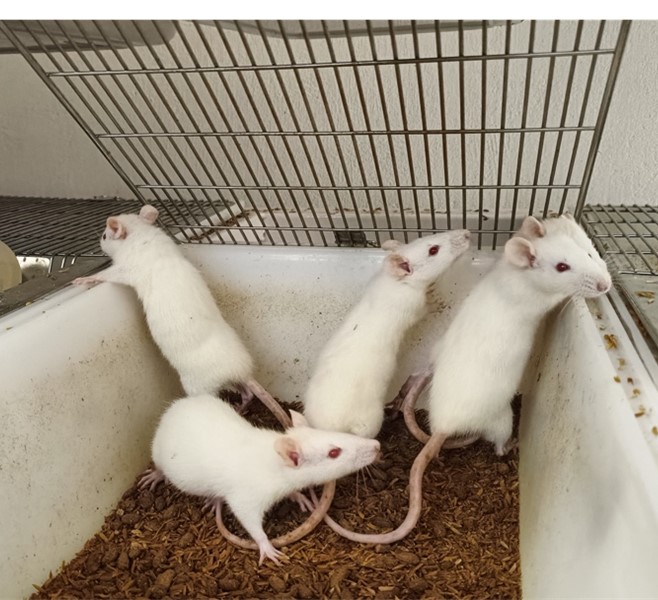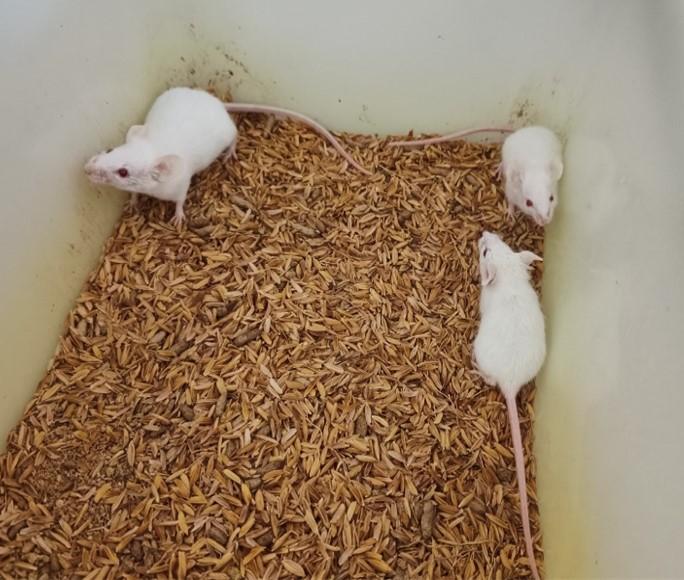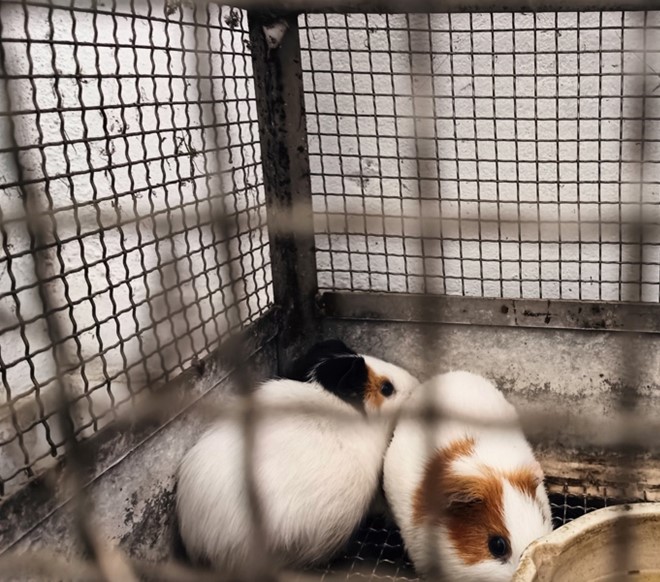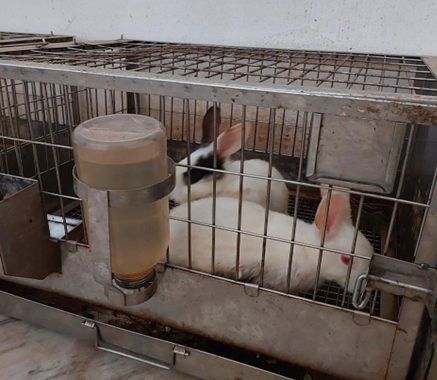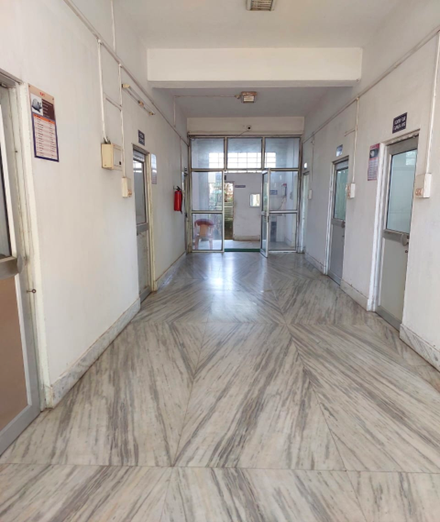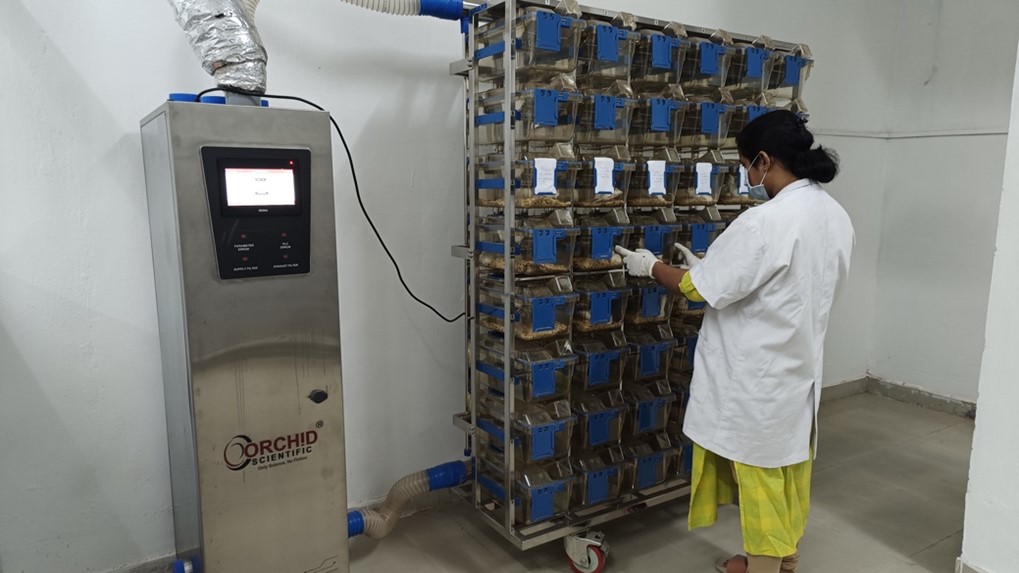- Home
- About us
- Program
- Facilities
- Sophisticated Analytical Instrument Facility
- CPCSEA approved Animal House
- Bina Chowdhury Central Library
- Drug Information Centre
- Cell Culture Laboratory & Institutional Bio-Safety Committee
- Pilot Scale Manufacturing Facility
- Medicinal Plant Garden
- Museum & Archives
- PMBJPK
- Hostels
- Gymnasium & Indoor Stadium
- Others
- Admission
- Publication
- People
- Cells & Centres
- Alumni
- Information
- IQAC

